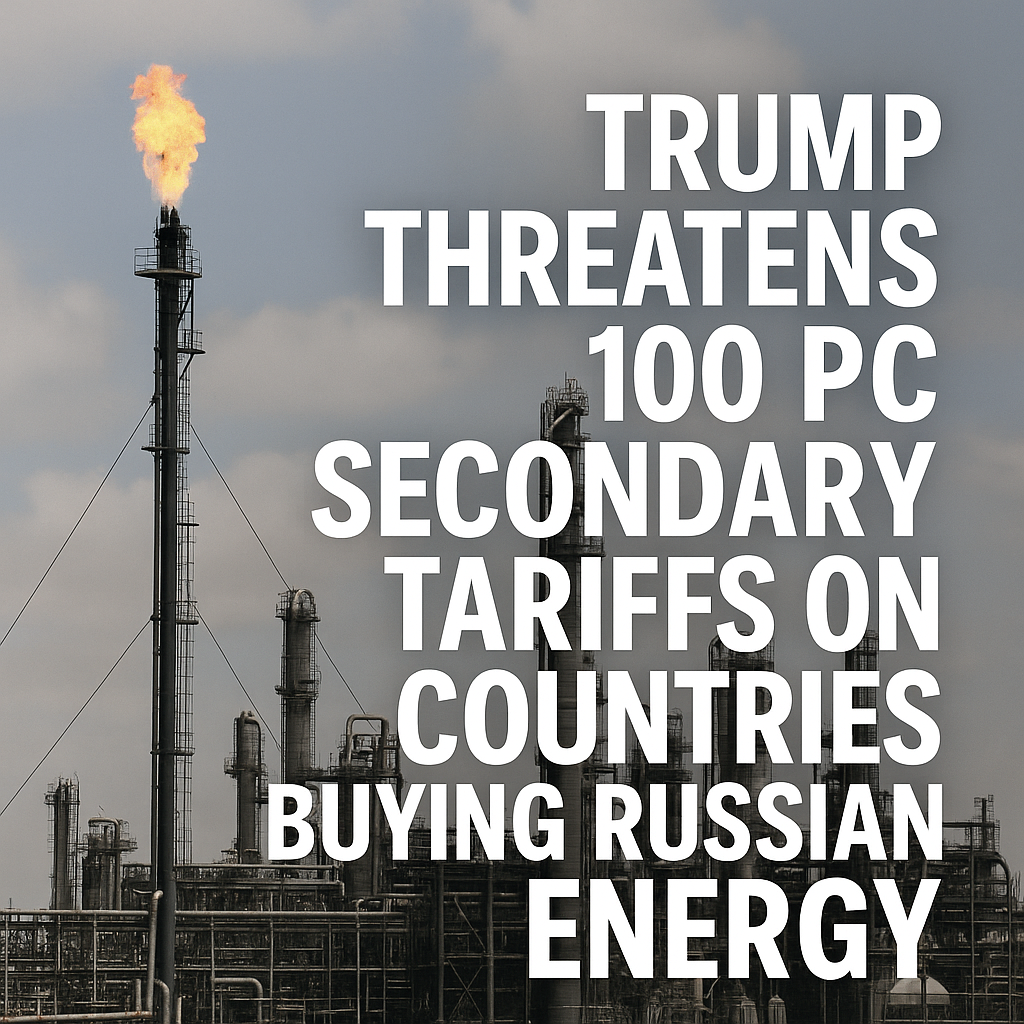President Emmanuel Macron is facing mounting calls—even from former allies—to resign as France endures one of its worst political deadlocks in recent memory. The dramatic resignation of his seventh prime minister, Sébastien Lecornu, has sparked renewed scrutiny over Macron’s leadership and the future of the French government.
Macron, who has held office since 2017, gave Lecornu until Wednesday evening to attempt to form a sustainable coalition government. Yet, with political tensions simmering and cooperation across parties growing thin, hopes for a breakthrough remain slim.
The stakes are high: if Lecornu’s mission fails, Macron may be forced to dissolve parliament and call for snap legislative elections in a bid to regain a workable majority. On Tuesday evening, Macron held separate meetings with the speakers of both the upper and lower houses of parliament—a constitutional requirement before launching fresh elections.
Allies Turn Up the Heat
Even inside Macron’s own camp, patience is wearing thin. Outgoing government spokesperson Aurore Bergé insisted Macron would serve until the end of his term in 2027. But former Prime Minister Édouard Philippe, once one of Macron’s closest political allies, dropped a bombshell by suggesting early presidential elections should be held after the national budget is passed.
“The country is hurting,” Philippe stated in an RTL interview. “It’s up to President Macron to help France come out of this crisis in an orderly and dignified manner.”
Macron now has two options: appoint an eighth prime minister since taking office—or call for elections that may give the far-right National Rally party, led by Marine Le Pen and Jordan Bardella, unprecedented power.
France’s Growing Political Fatigue
Since Macron’s controversial decision to call legislative elections in mid-2024—an effort that ended in a hung parliament—his political capital has steadily eroded. Footage of him walking alone along the Seine, deep in thought during a phone call, captured the emotional toll this crisis is taking on the embattled president.
Lecornu began new rounds of political talks on Tuesday, hoping to build consensus. But those negotiations are proving divisive. Many parties are skeptical, with Le Pen and Bardella refusing to participate, calling the meetings a “self-serving exercise.”
“We are no longer protecting the people,” their party said. “We are just protecting the presidency.”
Others, like Socialist Party leader Olivier Faure, agreed to join the talks but insisted the next prime minister must be from the political left—a demand that would dramatically shift the country’s governance.
A Nation at a Crossroads
France stands at a critical crossroads. Its national debt is ballooning, social unrest is rising, and citizens are weary of political instability. The idea of another prime minister or a fragile coalition offers little comfort to a public demanding bold, meaningful change.
Yet behind the numbers and political maneuvering is a deeper story—a human story. One of a nation grappling with uncertainty, of leaders losing trust, and of citizens watching the drama unfold, wondering who still speaks for them.
In these uncertain times, one truth remains: France needs clarity, compassion, and courage—from its leaders and its people alike.




